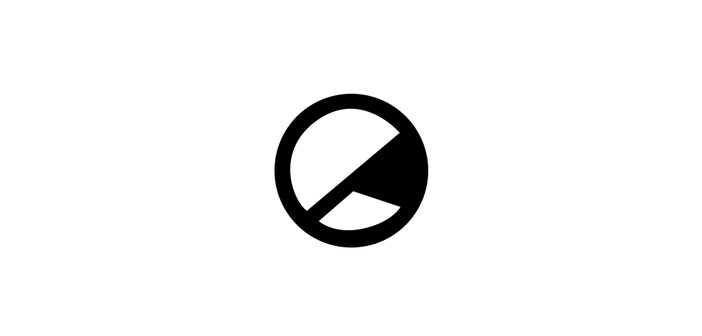For a franchise that began its life as Prince of Persia: Assassins, Assassin’s Creed has expanded into a highly successful and awarding-winning franchise. However, developer Ubisoft has seen their fair share of troubles in the series’ 11-year history, including unfinished and ‘broken’ releases and other executive problems, which overshadow just what is great about the franchise they’ve created.
Firstly, this franchise isn’t just limited to the games anymore! Assassin’s Creed has introduced several comic book series, a cinematic release and later in 2019 even a live orchestral show highlighting the best of its soundtrack that is going to tour around the world (Including London on October 5th, which I was able to get tickets to attend. And yes, I am super excited). Name me another franchise that has a soundtrack so powerful that one song has gone from a simple background piece in the prologue sequence to being the unofficial theme of the series? (Ezio’s Family. I’m talking about Ezio’s Family.)
Yes, okay, the 2016 movie wasn’t the box office hit and Oscar winner than it was expected to be (perhaps the curse of video game movie adaptations) but it was a great cinematic addition to the franchise. The team behind the film staring Michael Fassbender as Assassin Callum Lynch were respectful of the source material and time period, even having the pieces set during historic Spain solely spoken in Spanish. Practical stunts galore made this movie a pleasure to watch, topped off with the highest stuntman free fall in 35 years by stuntman Damien Walters – a Leap of Faith totalling 125ft!
In a recent survey, EA found that over 80% of gamers would want to see increased representation in their games, and Assassin’s Creed definitely brings this forward. While it’s earlier games did exclusively hold male protagonists, that changed in 2012 with DLC Liberation having the series’ first female protagonist with Aveline de Grandpré, and with Evie Frye in 2015’s Syndicate taking the mantle of the first playable female protagonist in a major release. Aya of Alexandria and Kassandra of Sparta followed in Origins and Odyssey respectively. Both Kassandra and Alexios – the protagonists of Odyssey – have the ability to be played as bisexual, romancing both male and female Non-Playable Characters (NPCs) regardless of who the player has chosen to play as. The game itself has become loved with its LGBTQ+ fan base, even changing certain options within some of the game’s first DLC following backlash concerning some elements – which shows just how much the fan base is listened to!
While Unity in 2014 had a very troubled release involving glitches, its setting of the French Revolution is one that still has historical debate and no clear line of fault – something that comes up in the game’s plot. Both Assassins and Templars commit actions that aren’t always the best, in a period where the slightest misstep can see the mob turn against you. Moreover, Assassin’s Creed III was greatly applauded upon release in 2012 for displaying a representation of the American War of Independence that didn’t just show one side as the villain – both the British and the Americans made mistakes. The theme continued into the following release, detailing Edward Kenway (grandfather of Connor from III) as he lived during the Golden Age of Piracy. The game’s pirates aren’t displayed as the demons of modern culture and writings, but instead as people, some of them driven to piracy because of injustice and other factors.
But something that I’ve neglected to mention before now, is about how the games themselves can inspire people. I’ve always credited this game franchise for getting me interested in studying history and wanting to learn more – which is one of the reasons I’m studying it for my degree. I love this series, and while it has some flaws like everything else, they shouldn’t overshadow the best bits!
Assassin’s Creed is published by Ubisoft. Watch the trailer for latest release, Odyssey, here.




